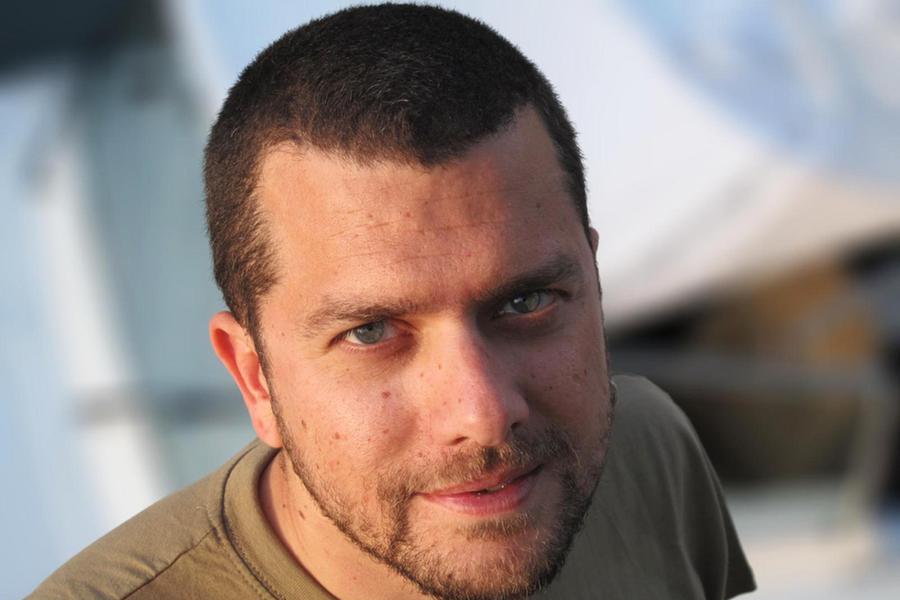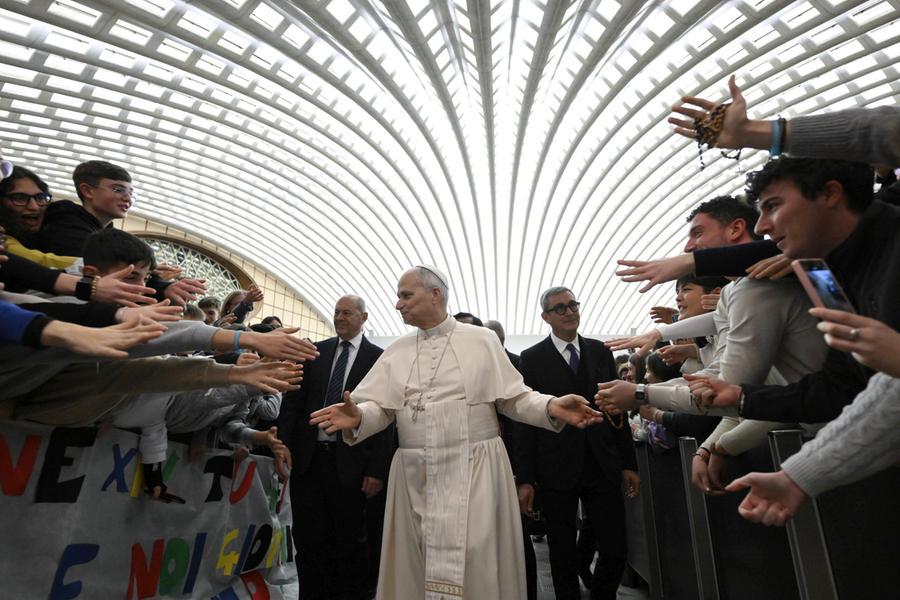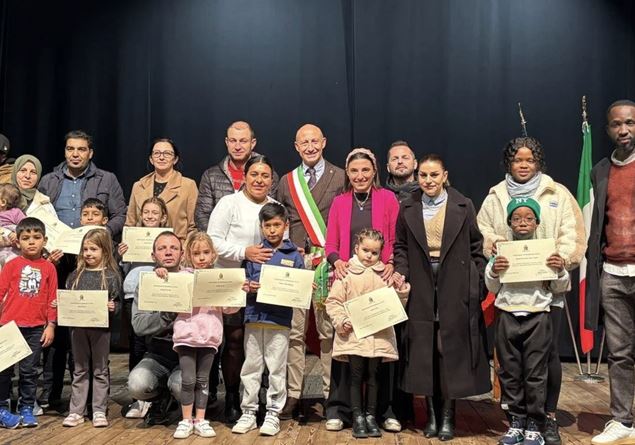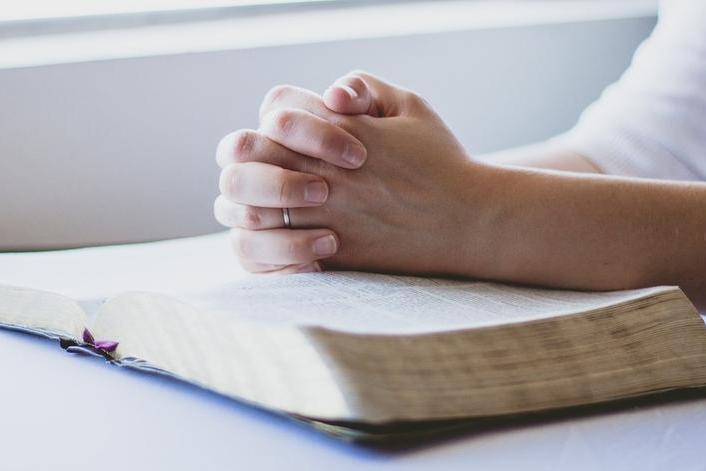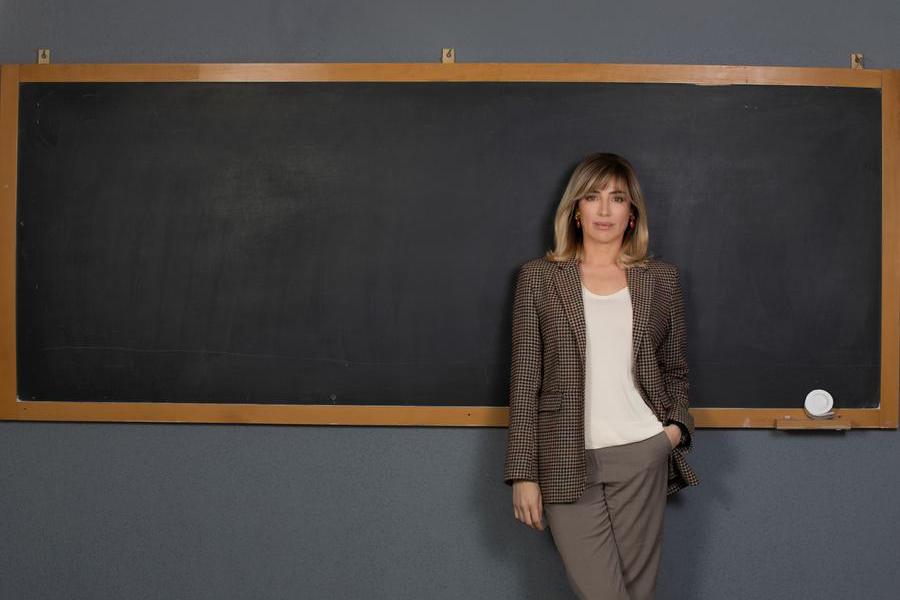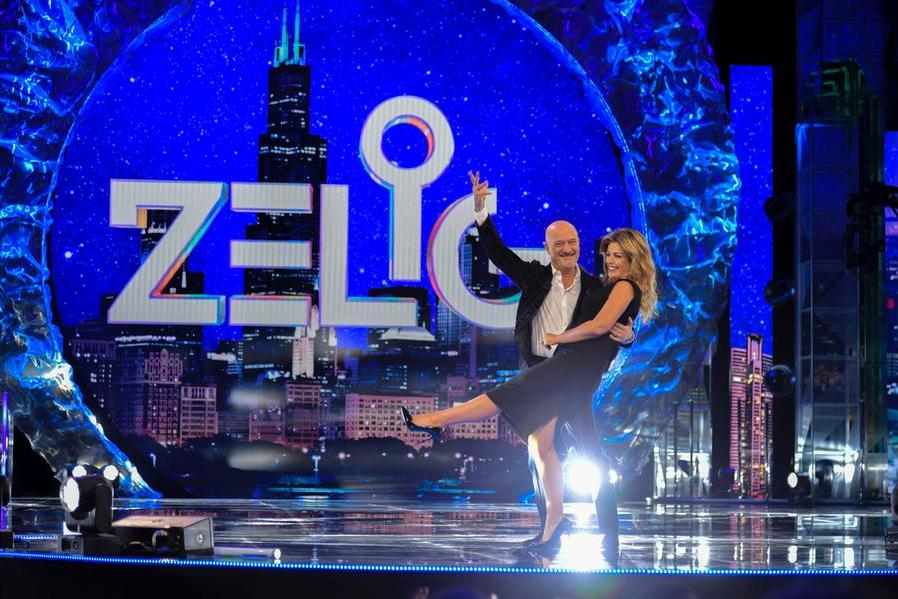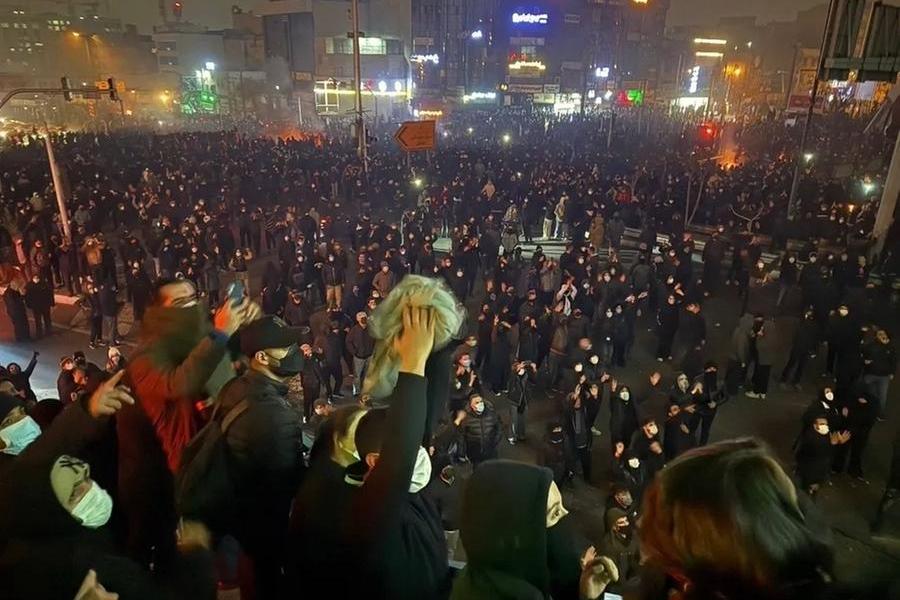There are those who were born in Lecco, learned to speak with the Lombard cadence, play football on the oratory pitch and dream, one day, of becoming a doctor or teacher. Yet, on paper, it is not “Italian”.
For these children and young people the Municipality of Lecco has chosen to say a symbolic but profound “yes”: that of civic citizenshipwhich in 2025 will be awarded to minors born in Italy and resident in the city, even without Italian citizenship.
A gesture with a highly educational and human value, designed to recognize those who live, grow and participate in the community as de facto citizens, even if the law does not yet consider them as such.
The initiative was born in the wake of municipal regulation of 2014 and will be carried out on the occasion of International Day for the Rights of Children and Adolescentswhich occurs every November 20th.
Families will be able to apply by November 10, 2025directly at the municipal counter in Piazza Diaz or by email to the address [email protected].
Whoever receives civic citizenship will obtain a symbolic certificate which will remain valid until the boy or girl obtains Italian citizenship. It is not a legal document, but a declaration of intent: “you belong to this city, you are a living part of it”. The project – explains the Municipality – wants strengthen the sense of belonging and civic responsibility among young peoplepromoting the values of the Constitution and democratic coexistence. It is a way of saying that citizenship is not just a matter of blood, but also of shared life, of paths traveled together, of school and friendship.
In a time when the debate on jus soli And jus culturae periodically rekindles without finding a solution, Lecco’s gesture represents a local, concrete response, made up of faces and relationships.
Small signs that speak louder than the big laws stuck in Parliament.
From symbol to path
Furthermore, the Lecco administration will support the initiative with training courses and public meetings dedicated to active citizenship and participation. The objective is that the contribution does not remain an isolated act, but becomes an educational journey shared between schools, families and local associations. A way to make real that principle that Pope Francis often recalls: “Inclusion begins with recognition”. Recognizing the little ones, even just with a symbolic gesture, means building a more humane and just community.



